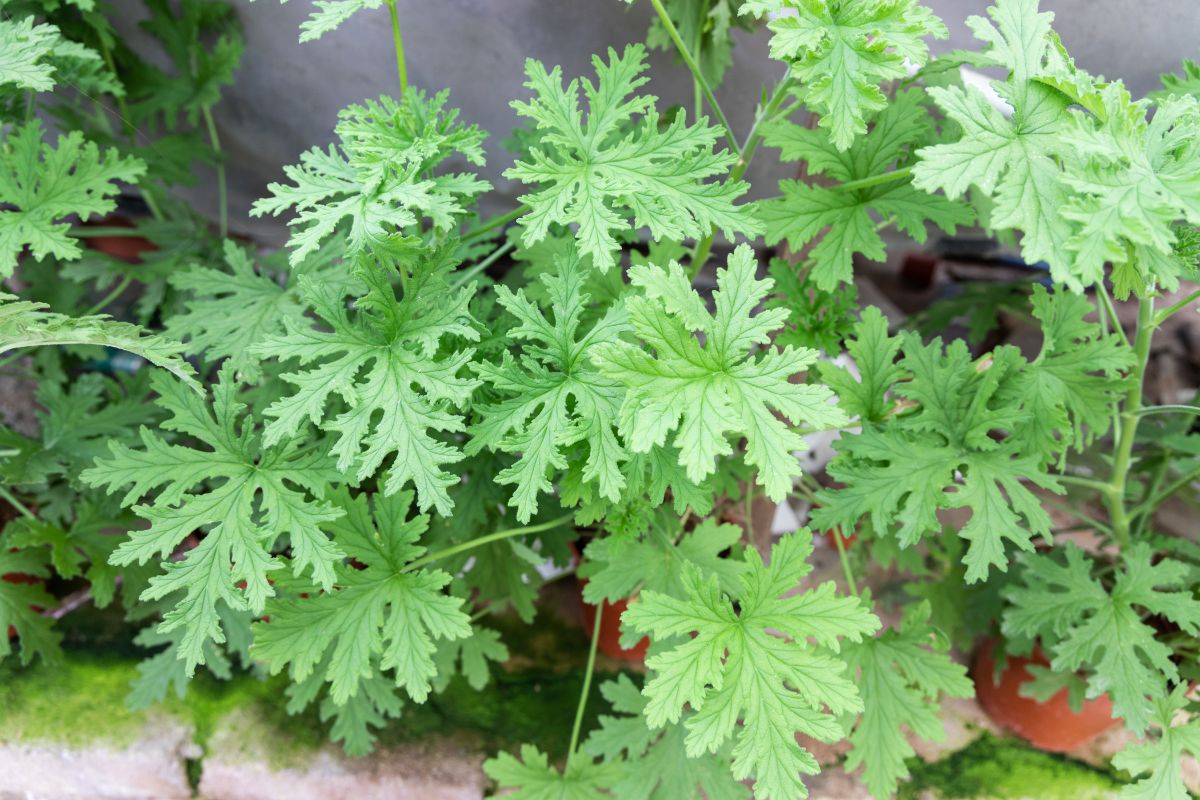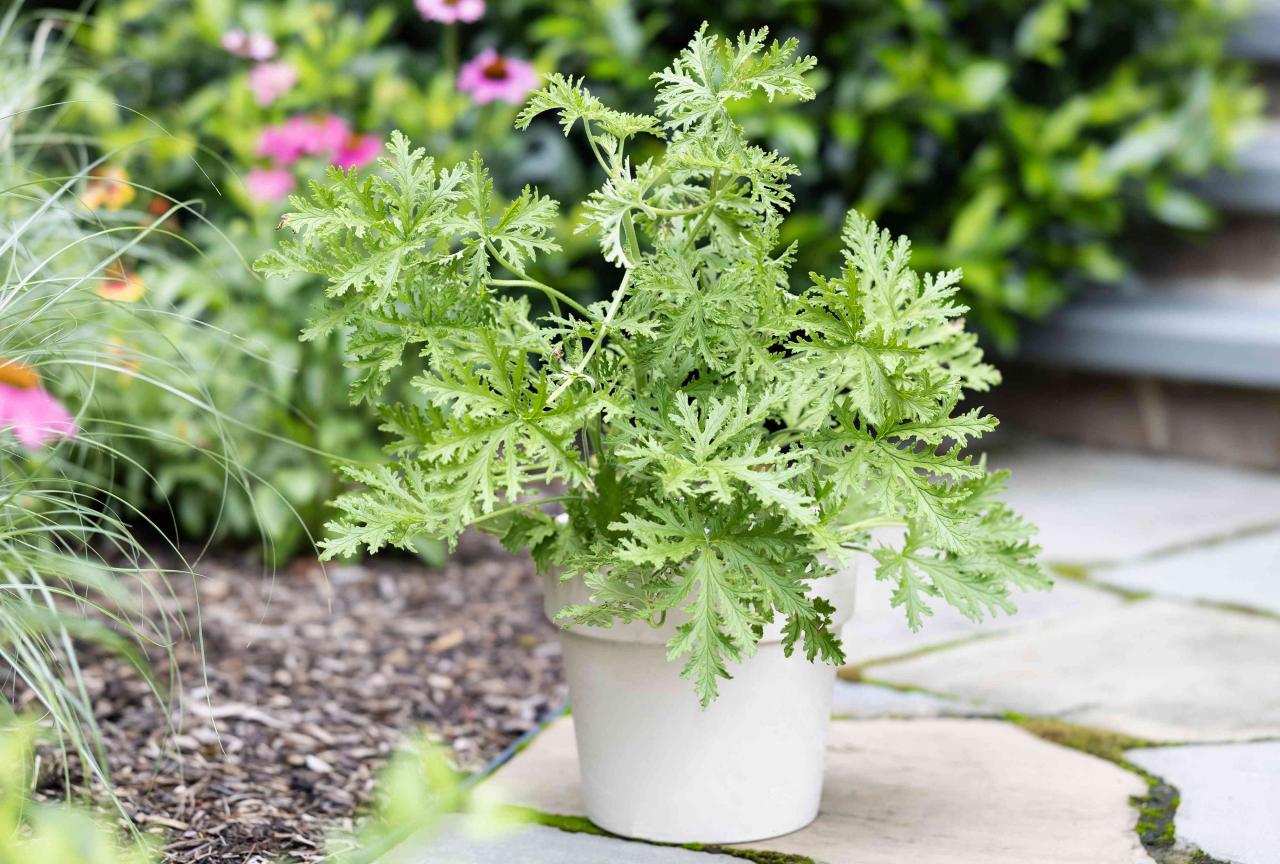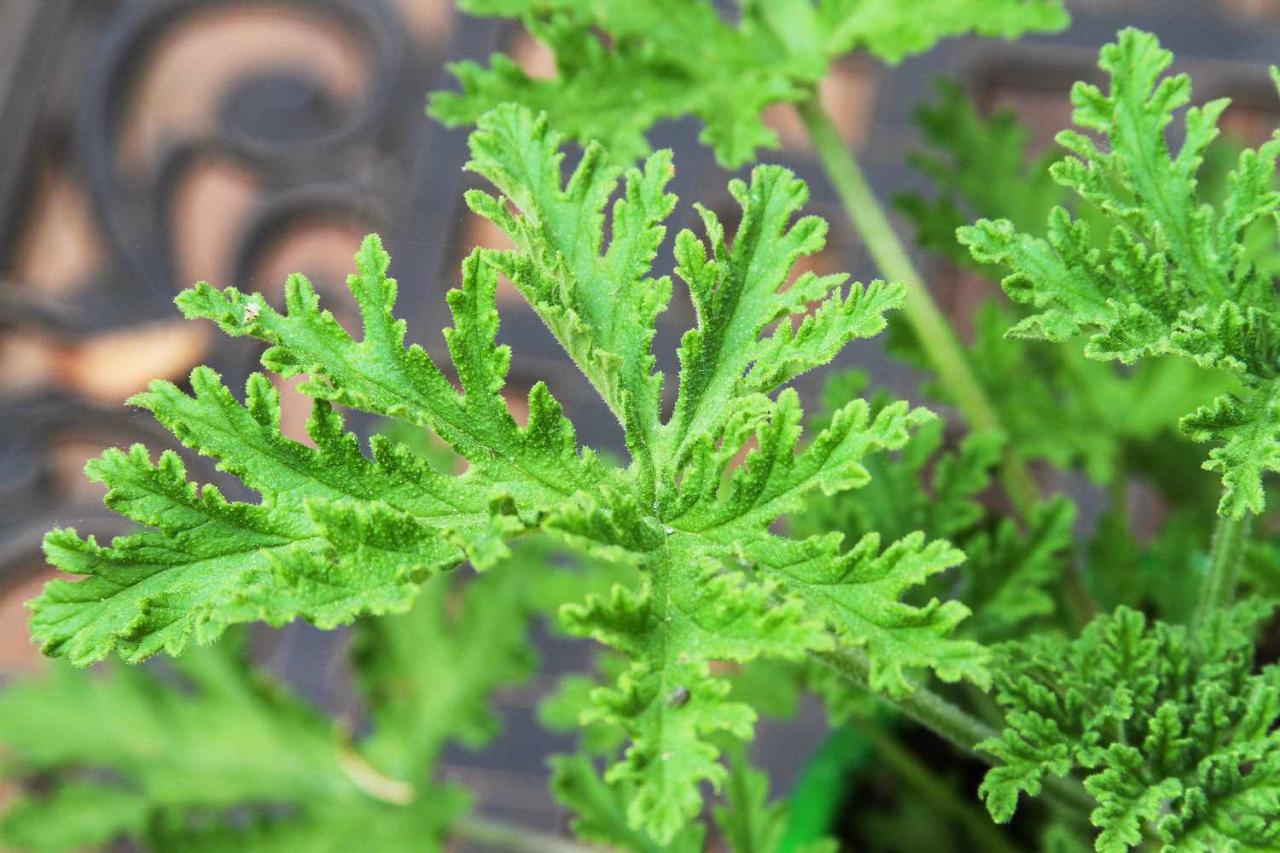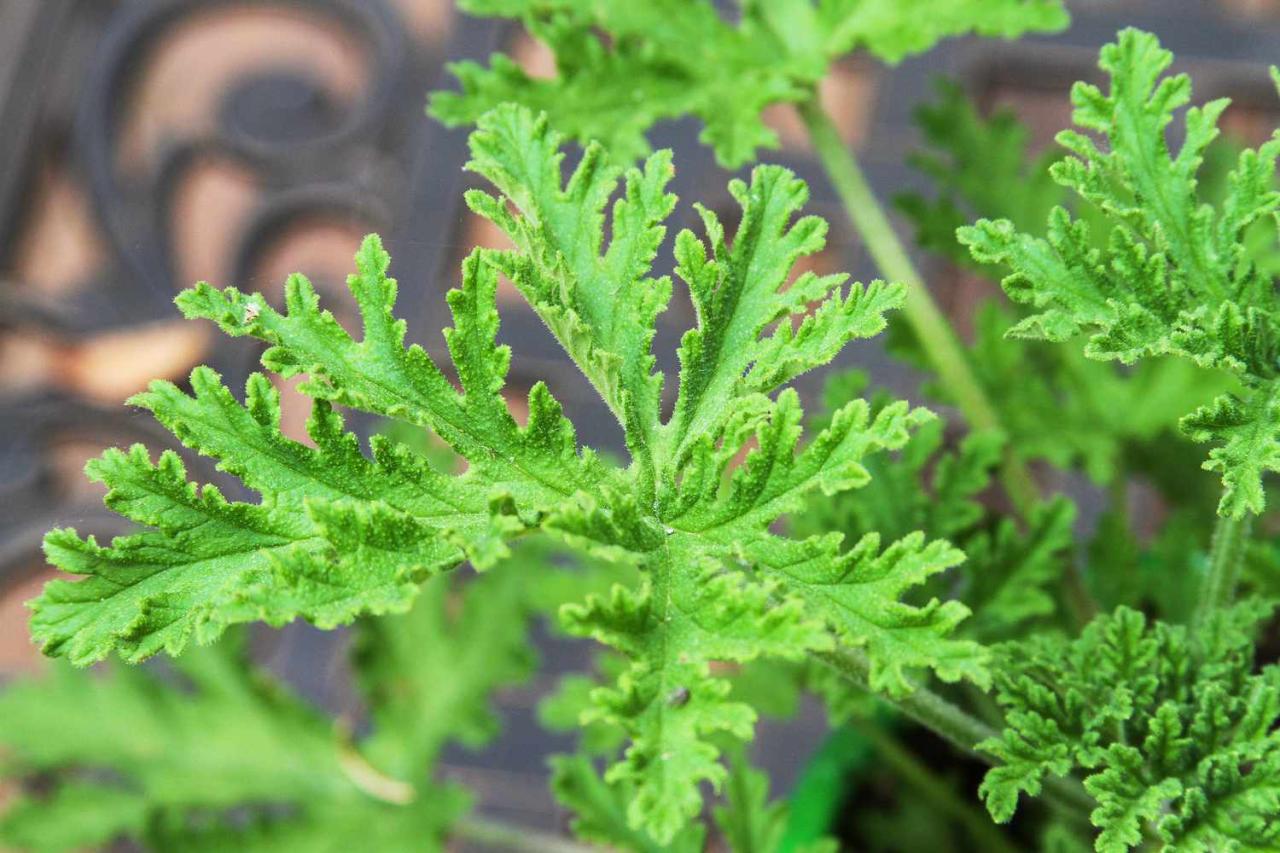Citronella Plant Benefits and Uses: How to Grow and Use This Powerful Herb – the very name conjures images of lush green foliage and a refreshing, zesty aroma. But beyond its pleasant scent, citronella holds a powerful secret: it’s a natural insect repellent, a potential health booster, and a versatile ingredient in everything from candles to cleaning solutions.
This aromatic herb has been used for centuries in traditional medicine and household remedies, and its popularity continues to rise today as people seek natural alternatives to synthetic products.
Native to Southeast Asia, citronella plants (Cymbopogon nardus and Cymbopogon winterianus) are known for their distinctive, lemony fragrance. This fragrance is derived from the essential oil extracted from their leaves, which has been used for centuries for its insect-repelling properties.
Citronella oil is a common ingredient in candles, diffusers, and other products designed to keep pesky insects at bay. But the benefits of citronella go far beyond pest control. Its oil is also valued for its potential antifungal and antibacterial properties, and it’s even used in aromatherapy to promote relaxation and reduce stress.
Introduction to Citronella Plants
Citronella plants, known botanically as
- Cymbopogon nardus* and
- Cymbopogon winterianus*, are perennial grasses native to Southeast Asia. They are renowned for their distinctive, lemony-citrus scent, which emanates from their aromatic leaves. This fragrance is a result of the essential oil extracted from the leaves, which has been used for centuries for its various properties.
Characteristics of Citronella Plants
Citronella plants are tall, slender grasses that can grow up to 6 feet in height. They have narrow, pointed leaves that are typically green but can turn a yellowish hue in the sun. The plants produce tall, feathery seed heads that contain small, brown seeds.
The most notable characteristic of citronella plants is their strong, citrusy aroma, which is attributed to the presence of citronellal, a primary constituent of citronella oil. This essential oil is extracted through steam distillation of the leaves and is highly valued for its various applications.
Historical Significance and Traditional Uses
Citronella plants have a long history of use in traditional medicine and everyday life in various cultures. In Southeast Asia, where they originated, citronella has been used for centuries as a natural insect repellent, a fragrance in perfumes and incense, and a component in traditional medicines.The ancient Egyptians were known to use citronella oil in their embalming practices.
In India, citronella is traditionally used in Ayurvedic medicine to treat skin conditions, headaches, and fevers. The plant’s insect-repelling properties have also been recognized and utilized for centuries in many cultures, with citronella candles and oil diffusers being commonly used to deter mosquitoes and other insects.
Benefits of Citronella Plants
Citronella plants offer a wide range of benefits, primarily due to the potent citronella oil they produce. This essential oil has been used for centuries for its various properties, including its effectiveness as an insect repellent and its potential health benefits.
Insect-Repelling Properties
Citronella oil is renowned for its ability to repel insects, particularly mosquitoes. The oil’s strong, citrusy scent masks the human scent that attracts mosquitoes, effectively deterring them from biting. This makes citronella plants an excellent natural alternative to chemical repellents, especially for outdoor spaces like patios, gardens, and campsites.The active compounds in citronella oil, citronellal and geraniol, are responsible for its insect-repelling properties.
These compounds disrupt the olfactory receptors of insects, interfering with their ability to locate their hosts. Studies have shown that citronella oil is effective against various insects, including:
- Mosquitoes:Citronella oil has been shown to repel mosquitoes for several hours, providing a significant level of protection against bites. Studies have demonstrated that citronella candles and diffusers can effectively reduce mosquito bites in outdoor settings.
- Ticks:Citronella oil can also repel ticks, which are known to carry diseases like Lyme disease. Applying citronella oil to skin or clothing can help deter ticks from attaching themselves.
- Other Pests:Citronella oil is effective against other pests like flies, ants, and fleas. It can be used in various forms, such as sprays, candles, and diffusers, to repel these pests.
Potential Health Benefits
Citronella oil possesses potential health benefits beyond its insect-repelling properties. It exhibits antifungal and antibacterial properties, making it useful for treating skin infections and promoting wound healing.
- Antifungal Properties:Studies have shown that citronella oil can effectively inhibit the growth of various fungal species, including Candida albicans, which is responsible for yeast infections. This makes citronella oil a potential natural remedy for fungal infections of the skin and nails.
- Antibacterial Properties:Citronella oil also exhibits antibacterial activity against a range of bacteria, including Staphylococcus aureus and Escherichia coli. This property makes it potentially useful for treating bacterial infections of the skin and wounds.
Aromatherapy and Stress Relief
Citronella oil is widely used in aromatherapy for its calming and stress-relieving effects. Its refreshing, citrusy scent can promote relaxation and reduce anxiety.
- Calming Effects:The scent of citronella oil has been shown to have a calming effect on the nervous system. Inhaling citronella oil can help reduce stress and promote relaxation, making it a valuable tool for managing anxiety and improving mood.
- Stress Relief:Citronella oil is often used in aromatherapy blends to relieve stress and promote a sense of well-being. Its uplifting scent can help clear the mind and reduce feelings of overwhelm.
Uses of Citronella Plants
Citronella plants are highly valued for their diverse applications, ranging from natural insect repellents to aromatic components in various products. Their versatility makes them a popular choice for both practical and aesthetic purposes.
Applications of Citronella Plants
The following table provides a comprehensive overview of the various applications of citronella plants, highlighting their benefits and specific uses:
Application |
Description |
Benefits |
|---|---|---|
Insect Repellent |
Citronella candles, essential oil diffusers, insect sprays, and plant-based repellents. |
Repels mosquitoes, flies, and other insects, providing natural protection against bites. |
Aromatherapy |
Citronella essential oil is used in diffusers, massage oils, and aromatherapy blends. |
Promotes relaxation, reduces stress, and improves mood. |
Cleaning Products |
Citronella oil is incorporated into natural cleaning solutions for its disinfectant and deodorizing properties. |
Cleans and disinfects surfaces, eliminates odors, and provides a fresh scent. |
Cooking and Flavoring |
Citronella leaves are used in Southeast Asian cuisine to add a unique citrusy flavor to dishes. |
Enhances the flavor of curries, soups, and stir-fries, adding a distinct aroma. |
Gardening and Pest Control |
Planting citronella plants in gardens repels insects and pests naturally. |
Protects plants from insects, reduces the need for chemical pesticides, and promotes healthy plant growth. |
Traditional Medicine and Therapeutic Benefits
Citronella plants have a long history of use in traditional medicine, particularly in Southeast Asian cultures. Their essential oil is believed to possess various therapeutic benefits, including:* Anti-inflammatory properties:Citronella oil may help reduce inflammation and pain associated with conditions like arthritis and muscle aches.
Antimicrobial activity
Citronella plants, known for their powerful insect-repelling properties, can be a welcome addition to any garden. Their lemony scent is not only effective at keeping pesky bugs away but also adds a fresh, uplifting aroma to your outdoor space. While citronella is great for keeping mosquitos at bay during the summer months, for a warm and inviting atmosphere in the fall, consider creating a handmade autumn leaf garland like the one featured in this detailed guide.
The earthy tones of the leaves will complement the citronella’s scent, creating a cozy and welcoming ambiance perfect for the season.
Studies have shown that citronella oil exhibits antimicrobial properties against certain bacteria and fungi.
Antioxidant effects
The antioxidants present in citronella oil may help protect cells from damage caused by free radicals.It’s important to note that while traditional medicine practices have long utilized citronella for its potential health benefits, scientific research is still ongoing to fully understand its therapeutic effects.
Consult with a healthcare professional before using citronella oil for medicinal purposes.
Organic Gardening and Pest Control
Citronella plants have gained popularity among organic gardeners for their natural pest control abilities. Their strong scent effectively repels various insects, including mosquitoes, flies, and aphids. Planting citronella around gardens or near outdoor seating areas can create a natural barrier against pests, reducing the need for chemical insecticides.The use of citronella plants in organic gardening aligns with the principles of sustainable agriculture, promoting environmentally friendly practices and minimizing the use of synthetic chemicals.
By incorporating citronella into their gardens, gardeners can create a healthier and more sustainable ecosystem.
Growing Citronella Plants

Citronella plants, known for their fragrant leaves and mosquito-repelling properties, are relatively easy to grow. With the right conditions and care, you can cultivate these powerful herbs in your garden or containers.
Soil Requirements
Citronella plants thrive in well-drained soil that is slightly acidic to neutral. The ideal pH range is between 6.0 and 7.0. They prefer a soil mixture that is rich in organic matter, which helps retain moisture and provides essential nutrients.
Sunlight and Temperature
Citronella plants need at least six hours of direct sunlight daily for optimal growth. They are heat-tolerant and can withstand temperatures up to 90 degrees Fahrenheit. However, prolonged exposure to extreme heat can stress the plants. In colder climates, it’s best to grow citronella in containers that can be moved indoors during the winter months.
Watering and Fertilization
Citronella plants require regular watering, especially during hot and dry weather. The soil should be kept consistently moist but not waterlogged. It’s essential to allow the top inch of soil to dry out between waterings. You can fertilize citronella plants every few weeks during the growing season with a balanced liquid fertilizer.
Propagation Methods
Citronella plants can be propagated through various methods, including seeds, cuttings, and division.
- Seeds: Starting citronella plants from seeds can be a bit challenging, as they have a low germination rate. Sow seeds indoors in a seed tray filled with a seed-starting mix. Keep the soil moist and warm, and provide bright, indirect light.
Seedlings typically emerge within 2-4 weeks.
- Cuttings: This is the most common and successful method of propagating citronella plants. Take 4-6 inch stem cuttings from healthy plants, ensuring that each cutting has at least two nodes. Remove the lower leaves and dip the cut end in rooting hormone.
Citronella plants are known for their potent mosquito-repelling properties, making them a natural and effective way to enjoy your outdoor space without the pesky bites. While you’re focusing on your garden, remember to also tend to your lawn, and for that, The Best Time to Sow Grass Seed: Tips for Creating a Stunning and Green Lawn will provide valuable insights.
Citronella plants are also quite easy to grow, preferring full sun and well-drained soil. With proper care, they’ll reward you with beautiful foliage and a natural way to keep insects at bay.
Plant the cuttings in a pot filled with a rooting mix and keep the soil moist. Rooting typically takes 4-6 weeks.
- Division: This method is best for established plants. Gently dig up the plant and separate the root ball into smaller divisions, each with a healthy root system and leaves. Plant the divisions in separate pots or in the garden, ensuring they have adequate space to grow.
Protecting Citronella Plants from Pests and Diseases
Citronella plants are generally resistant to pests and diseases. However, they can be susceptible to certain problems, including:
- Aphids: These small insects can suck sap from the leaves, causing them to curl and yellow. You can control aphids by spraying the plants with insecticidal soap or neem oil.
- Root Rot: Overwatering can lead to root rot, a fungal disease that can damage the roots and kill the plant. Ensure proper drainage and avoid overwatering.
- Leaf Spot: This fungal disease causes brown spots on the leaves. To prevent leaf spot, avoid overhead watering and ensure good air circulation around the plants.
Harvesting and Using Citronella Plants

Harvesting citronella leaves at the right time is crucial for maximizing the essential oil content, which is responsible for the plant’s distinct aroma and insect-repelling properties.
Harvesting Citronella Leaves, Citronella Plant Benefits and Uses: How to Grow and Use This Powerful Herb
The optimal time to harvest citronella leaves is when the plant is in full bloom, typically during the summer months. This is when the essential oil concentration is at its peak. You can identify the ideal time by observing the plant’s flowers.
Once the flowers have fully opened, it’s the perfect time to harvest the leaves.
Extracting Citronella Oil
Citronella oil can be extracted from the leaves using a simple distillation method. This process involves heating the leaves with water, allowing the essential oil to vaporize and condense into a separate container. Here’s a step-by-step guide:
- Gather fresh citronella leaves and wash them thoroughly.
- Place the leaves in a large pot with a lid. Add enough water to cover the leaves.
- Attach a copper coil or a glass condenser to the lid, ensuring the other end of the coil is submerged in a separate container filled with ice water.
- Heat the pot on a stovetop, bringing the water to a boil. As the water boils, the essential oil in the leaves will vaporize and rise.
- The vapors will travel through the coil, where they will condense back into a liquid form and drip into the ice-cold container.
- Continue heating the pot for several hours until the oil extraction process is complete. The resulting liquid in the container will be citronella oil.
Using Citronella Oil
Citronella oil can be used in various ways, both directly and indirectly, to harness its insect-repelling and aromatherapy benefits.
Direct Application
Citronella oil can be applied topically as a natural insect repellent, but it’s important to dilute it first. Mixing a few drops of citronella oil with a carrier oil, such as coconut oil or jojoba oil, can create a safe and effective insect repellent.
Apply the diluted oil to exposed skin, avoiding sensitive areas like the eyes and mouth.
Aromatherapy
Citronella oil can be used in diffusers or candles for relaxation and pest control. The scent of citronella is known to have calming effects and can help create a peaceful atmosphere.
For effective pest control, consider using a diffuser with citronella oil in areas prone to insect infestations.
Cleaning Solutions
Citronella oil can be incorporated into natural cleaning solutions for a fresh scent and antibacterial properties. Adding a few drops of citronella oil to your favorite cleaning spray can create a refreshing and effective cleaning solution.
Citronella oil is known for its antibacterial properties, making it a valuable addition to cleaning solutions for surfaces and floors.
Safety Considerations
While citronella oil offers numerous benefits, it’s crucial to use it responsibly to avoid any potential adverse effects.
Allergic Reactions
Citronella oil can trigger allergic reactions in some individuals. Symptoms may include skin irritation, redness, itching, and in severe cases, even anaphylaxis. It is recommended to perform a patch test on a small area of skin before applying citronella oil topically.
If any irritation occurs, discontinue use immediately and consult a medical professional.
Citronella Oil During Pregnancy and Breastfeeding
The safety of using citronella oil during pregnancy and breastfeeding is not fully established. There is limited research on the potential effects of citronella oil on pregnant women and their developing babies, as well as on breastfeeding mothers and infants.
It’s advisable to exercise caution and consult with a healthcare provider before using citronella oil during these periods.
Storage and Shelf Life
Citronella oil should be stored in a cool, dark place, away from direct sunlight and heat. Proper storage helps to maintain its potency and prevent degradation. Store it in a tightly sealed container to prevent evaporation and contamination. The shelf life of citronella oil can vary depending on storage conditions and the quality of the oil.
However, generally, it can last for several years if stored properly.
Final Summary

From repelling insects to promoting relaxation, citronella plants offer a wealth of benefits for both the home and the body. Whether you’re looking to create a natural insect barrier, add a calming touch to your living space, or explore the potential health benefits of this powerful herb, citronella is a versatile and valuable addition to any home garden or household.
By understanding the basics of growing, harvesting, and using citronella, you can unlock its full potential and enjoy its many benefits for years to come.
FAQ Guide: Citronella Plant Benefits And Uses: How To Grow And Use This Powerful Herb
Is citronella oil safe for pets?
While citronella oil is generally safe for humans, it’s best to keep it away from pets, especially cats. Citronella oil can be toxic to cats and may cause digestive upset or skin irritation. If you have pets, it’s best to choose alternative insect repellents or use citronella in areas that are inaccessible to your furry friends.
Can citronella plants be grown indoors?
Yes, citronella plants can be grown indoors, but they require bright, indirect sunlight and well-draining soil. They may not grow as large as outdoor plants, but they can still provide a pleasant scent and a natural insect deterrent. Make sure to choose a pot with drainage holes to prevent root rot.
What are the best ways to use citronella oil for insect control?
Citronella oil can be used in several ways to repel insects. You can apply a diluted solution to your skin, use citronella candles or diffusers, or even create your own insect repellent spray by mixing citronella oil with water and a carrier oil like jojoba or coconut oil.

